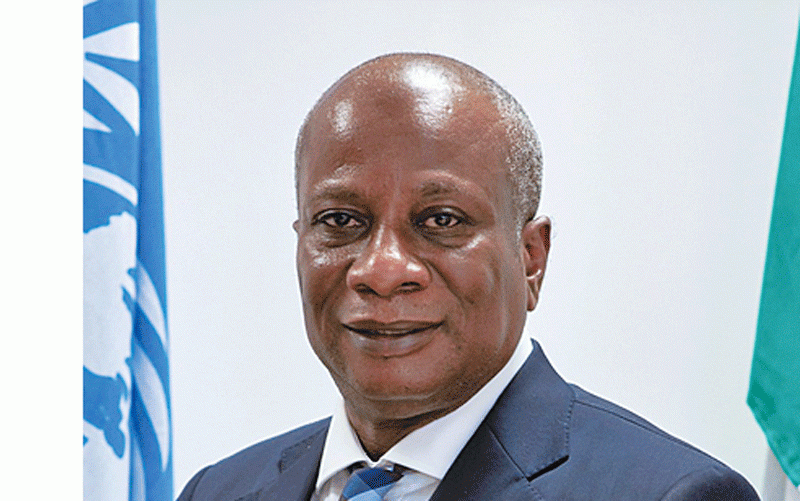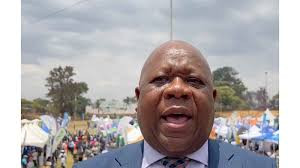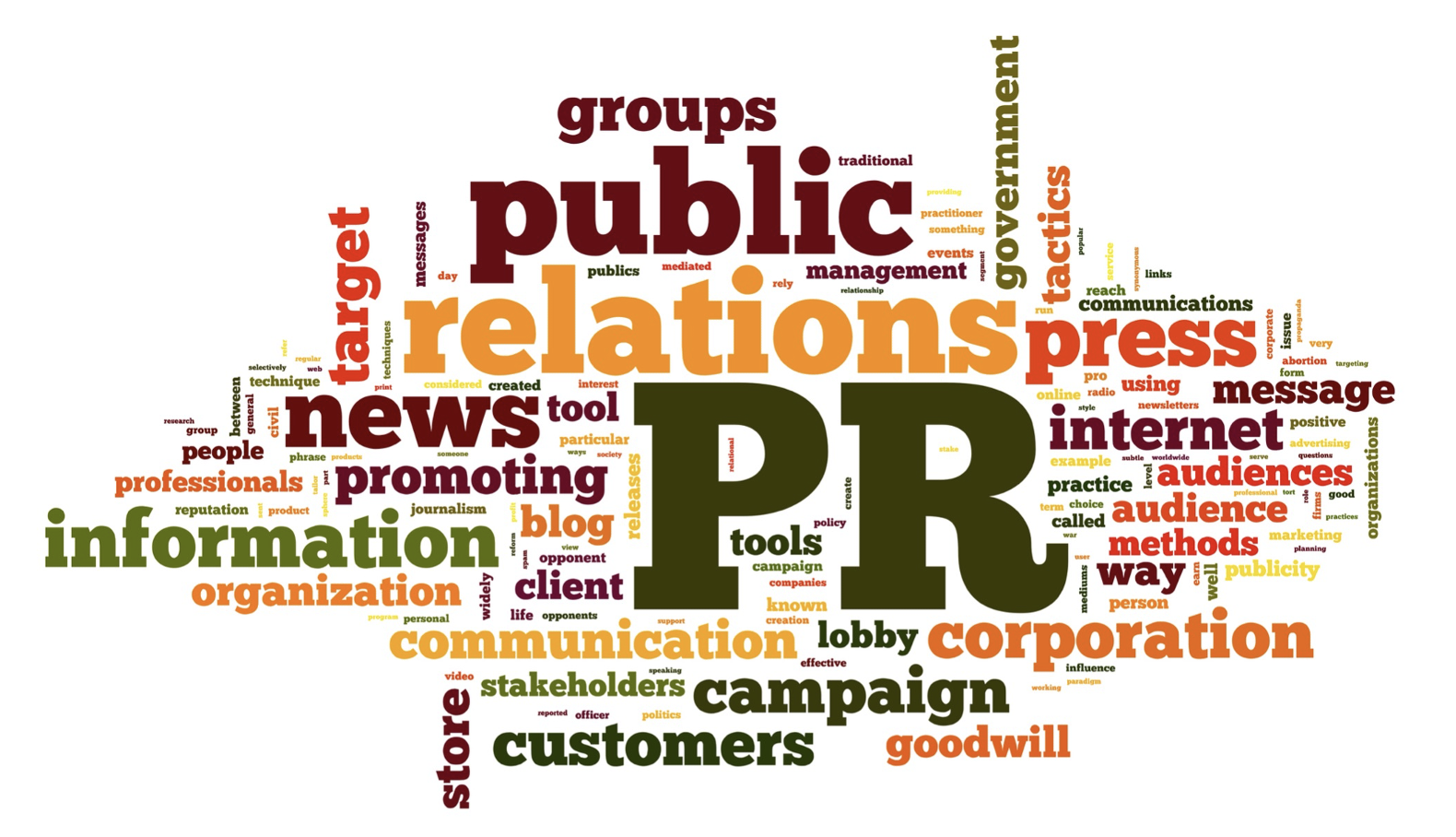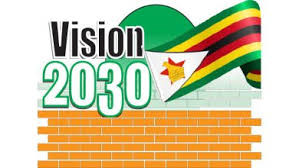
GENDER inequality and violence against women and girls remain major drivers of poverty, destitution, and under-development.
Sustainable Development Goal (SDG) five, which speaks to gender equality, is that fine thread that weave together the 17 SDGs. In line with the 2030 Agenda for Sustainable Development, the United Nations works to support national development priorities, including ending poverty, improving health and human development by empowering women and engaging boys and men.
Without the empowerment of women and engagement in productive sectors of the economy the SDGs cannot be achieved. According to UN Women, achieving gender equality requires an inclusive approach that both recognises men and boys as partners for women’s rights, and acknowledges how they stand to benefit from greater equality.
The HeForShe campaign is an invitation for men and people of all genders to stand in solidarity with women and girls to create a bold, visible and united force for gender equality. The objective is to change discriminatory behaviours, through building awareness of the importance of gender equality and women’s empowerment and the crucial role men can play in their own lives, and at more structural levels in their communities, to end the persisting inequalities faced by women and girls.
I have had the opportunity in the ongoing nationally-led events of 16 Days of Activism Against Gender-Based Violence to share United Nations’ policy perspectives, programme results and commitment to gender equality and ending violence against women and girls.
It is all about showing solidarity with our daughters, sisters, spouses, mothers and grandmothers to end violence against women and girls. In this regard, I call on all Zimbabweans to pledge their commitment to gender equality and end violence against women and girls by joining the #HeForShe movement and enhance advocacy at all levels in Zimbabwe to:
Accelerate women’s economic empowerment,
Support women’s role in peace and security processes,
- Making every day that of activism against GBV
- 16 days not enough, says Ruvheneko
- Building narratives: Child marriages: Govt should walk the talk
- COP26 a washout? Don’t lose hope – here’s why
Keep Reading
Advance women’s political participation and leadership, and
Eliminate gender-based violence.
Many members of society participate in reinforcing harmful social norms such as gender-based violence and shifting these norms requires the full participation of everyone, male and female, old and young. We witnessed during the COVID-19 pandemic, the importance of engaging boys and men in protecting their families and communities from gender-based violence and ensuring access to basic service cannot be overemphasised.
I would like to urge us all to reach out to many other male colleagues at the highest decision-making level to commit collectively and individually to champion at least one or two issues on women’s equality and empowerment. It could be male parliamentarians championing the alignment of laws to the Constitution, economists discussing possible special measures to ensure women are fully included in the economy, judges and leaders in the security sector enforcing laws to end child marriage.
Please do champion something that will enable women and girls to become change agents at all levels of society. We can only champion through tangible and measurable actions. The time for awareness raising is over, it is time for action, and we must stand to be counted for our actions now and today.
The HeForShe campaign is designed to include men in the gender equality discourse which is not just a women’s issue but a human rights issue.
As persons with voice and influence, as diplomats and business leaders, we must consider women’s concerns.
Today, women and girls are risking their security and welfare to continue fulfilling the role placed upon them by society. In some cases, walking extra ordinary distances to fetch water, engaging in jobs in the search for food that make them vulnerable to wildlife in rural areas /or being sexuality exploited simply for survival and basic needs.
Diplomats and business leaders convened under the HeForShe forum can also use their influence and position to call for and ensure that development programmes and projects have a strong gender lens for women and girls’ welfare.
In health, strides are being made in reducing HIV infection rates and success in reaching some of the SDG goals such as reduction in maternal mortality rates and ensuring that women participate and are part of a growing society… not charity cases.
Economically, an estimated 84% of employable Zimbabweans are in the informal economy, of which approximately 67% are women. Zimbabwe is an agrarian society with a large population of women engage in agriculture.











